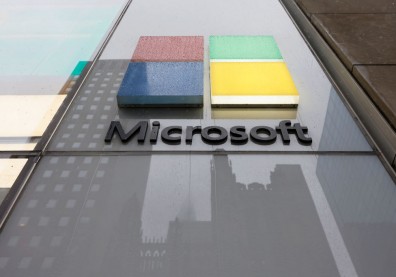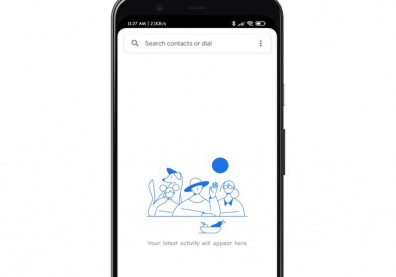Google recently updated its Google browser with the latest update, the Chrome 55, which disabled Adobe Flash by default. But, the tech giant will not stop there as it plans to release Chrome 56 in January 2017.
Google Chrome 55 was previously released on almost all devices that use Chrome as its browser. The main feature of Chrome 55 was to block by default the Adobe Flash as reported. However, Chrome 56 is coming to all the devices sometime in January next year, which will explicitly mark HTTP websites as non-secure.
HTTP websites collecting passwords as not secure in Chrome 56
Google announced last September via its security blog that the developers plan to release Chrome 56 that will label all HTTP websites "that collect passwords or credit cards as non-secure," starting next year. This is a part of Google's long-term plan to tag all HTTP sites as non-secure.
Google made this decision as it noticed that some users were not taking seriously its old notification for HTTP websites. Users still continue whenever there's a password or credit card account information needed even if Google labeled the site as not secured. This time around, Chrome 56 will have a red triangle indicator and will label all HTTP sites as not secure and it will be expanded even in Incognito mode.
Chrome 56 Bluetooth API feature
According to Digital Journal, aside from HTTP non-secure feature, Google will also expand its Web Bluetooth API support in Chrome 56. This feature will allow developers to access the Bluetooth Low Energy using an Android device, Chrome OS and on Mac. The Web Bluetooth API uses a GATT protocol that can connect to any Bluetooth devices like printers and LED displays with just a simple line of JavaScript.
Meanwhile, the HTTP non-secure notification feature is already available in Chrome 56 Beta version. Google will gradually implement the HTTP warning to all browsers before its stable release of Chrome 56 in January 2017. As of the moment, there is no clear indication that other browsers like Mozilla Firefox and Opera will follow Google's move.









